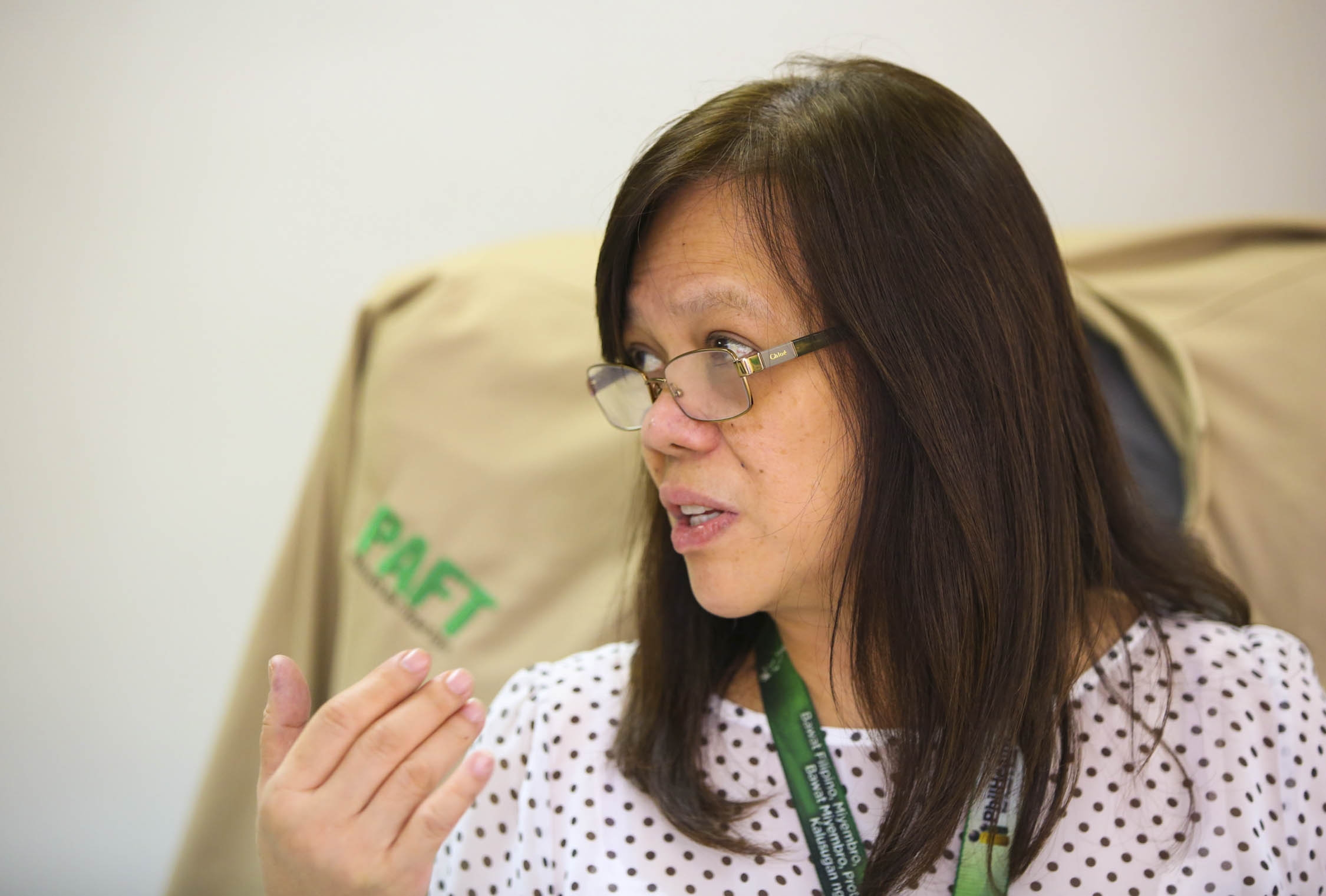Overpayments not tantamount to fraud, says state insurance company

Credit to Author: clopez| Date: Fri, 07 Jun 2019 21:36:39 +0000
Amid allegations that overpayments and other fraudulent schemes have cost Philippine Health Insurance Corp. (PhilHealth) P154 billion over the last five years, the state insurance company maintained that its finances were “robust” and it was going after erring hospitals and health professionals.
Shirley Domingo, spokesperson for PhilHealth, said it was wrong to equate the supposed overpayments to hospitals since 2013 with the amount lost to fraud given that the all-case rates (ACR) payment mechanism it employed was working under the principle of “efficiency gains.”
She acknowledged that for patients who contracted the more severe strain of pneumonia, there were instances when they still paid the set rate of P32,000 even if the hospital only charged P28,000, or an excess of P4,000.
Domingo pointed out that in some cases, the actual cost to patients were higher than the PhilHelath rate but it still paid the amount set for that particular lung infection.
“We expect the same quality service [from the hospitals]. That balances [matters] off. That is what the COA (Commission on Audit) does not understand, although we have oriented them several times that that’s the characteristic of the case rate provider payment,” she said.
If that’s indeed the case, why then does PhilHealth not review the case rates to make them more equitable and thus reduce the amount of money it loses to overpayments?
Shift to global funding
Domingo said the corporation’s health finance services arm was already doing just that, especially as PhilHealth prepared to shift to another type of provider payment mechanism called global funding.
Under this scheme, PhilHealth will allot a certain amount of money to a hospital, depending on the history and type of claims it has made.
In May last year, PhilHealth officials, led by then acting president Celestina dela Serna, told reporters that the corporation would review claims made by hospitals, especially on pneumonia, as it appeared that some institutions may have been “upcasing,” or submitting claims to the company even if their patients only had the garden-variety cough and cold.
Still, despite this promise, the state insurance company recorded last year the highest number of claims for community-acquired pneumonia in nine years of more than 757,000.
The figure was higher by 50,000 from 2017, and more than double of the cases recorded in 2010.
Interestingly, the Department of Health did not declare a pneumonia outbreak, even as PhilHealth claims showed a staggering number of people who suffered from the respiratory disease that cost the corporation P10.9 billion.
While Domingo acknowledged the surge in the number of pneumonia cases, she said PhilHealth could not say just yet the cause of the increase.
“We’re reviewing if it really increased or it’s because of the fraudulent [claims], that’s why it increased. That’s one of the things we’re [studying]. We’re investigating it, looking individually at the hospitals,” she said.
‘Resiliency plan’
To date, Domingo said PhilHealth had 8,925 pending cases against hospitals and health professionals for various violations, including upcasing.
The bulk of these cases, or around 3,000, was in Soccsksargen, but Domingo declined to disclose the nature of the cases.
She assured the public though that the corporation’s finances remain “robust,” pointing out that last year PhilHealth posted an P11-billion net income and a benefit payout of P120 billion.
Domingo attributed the turnaround from 2017’s loss of about P4 billion to the “resiliency plan” implemented by PhilHealth’s current board. This included monitoring of employers’ remittances and the performance of partner providers to better catch fraud, as well as “prudent spending.”
Regarding allegations of graft in PhilHealth, she said: “I do not know of anyone who stole money from PhilHealth.”
Once the universal health care law comes into effect and the global funding is set in place, Domingo said that concerns on overpayments would be a thing of the past.
“It will already be up to the hospital how much resources they would use [for a case]. We will agree on a quality outcome indicator, whereupon discharge this should be the condition of the patient,” she said.
“That would be more efficient. It will also be easier for us because we will not be reviewing individual claims anymore but monitoring outcomes,” Domingo added.